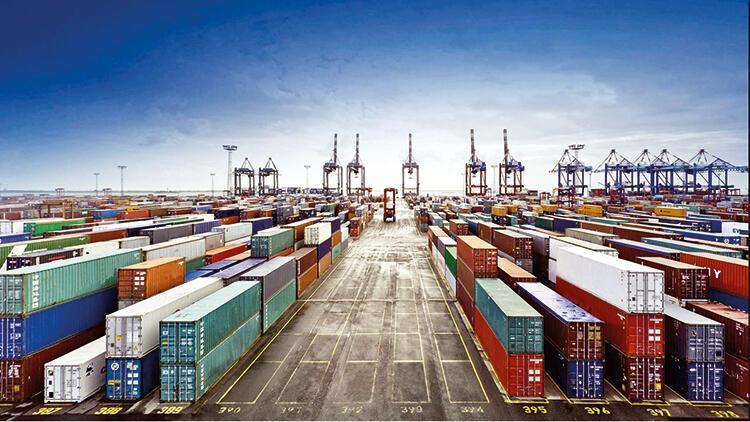Turkey mulls simplifying taxing, cutting red tape
Erdinç Çelikkan - ANKARA

As part of the Turkish government’s pledges to improve the country’s investment environment, the Presidential Economy Policies Council has prepared a draft of new measures, sources have told daily Hürriyet.
While talks with domestic and foreign investors on various topics, including fast-tracking investment projects, have been continuing since last month, economic advisers are working on a “to-do list,” according to the sources.
Speeding up investment procedures, easing and simplifying taxing processes, and cutting through red tape at all stages of investor relations are the headlines they are working on.
A draft of suggested regulations will be presented to President Recep Tayyip Erdoğan.
Swapping notes on possible short, medium and long term legal changes with the business world will go on.
After an economy management reshuffle last month that included the appointment of a new finance minister and a central bank governor, Erdoğan said Turkey would make structural reforms to improve the investment environment, increase the depth of financial markets, the quality of public revenues and expenditures and prevent informality.
The president stressed that Turkey would achieve its goals by building economic policies on three pillars, which are price stability, financial stability and macroeconomic stability.
Erdoğan also said that Turkey’s macroeconomic stability would get stronger by increasing the harmony between monetary and fiscal policies and financial policies.
When approved by Erdoğan, new legislation and regulation changes will be made under the coordination of the Treasury and Finance Ministry.
Treasury and Finance Minister Lütfi Elvan and Justice Minister Abdulhamit Gül held meetings with executives of the Turkish Industry and Business Association (TÜSİAD), the Turkish Union of Chambers and Commodity Exchanges (TOBB) and the Independent Industrialists and Businessmen’s Association (MÜSİAD) in recent weeks.
“We are very pleased that solutions in the field of economy and the law in our country are being handled in a constructive environment of consultation,” TÜSİAD Chair Simon Kaslowski said after the meeting on Nov. 27.
“We think reforms in these areas will be very important in terms of the investment climate and an environment of trust,” he added.
The Turkish economy is expected to grow 0.3 percent in 2020 despite the fallout from the coronavirus pandemic.
Turkey has attracted direct investments worth $220 billion in the last two decades.
Turkish lenders have provided nearly $7 billion in financing from international financial institutions in the second half of this year.
















